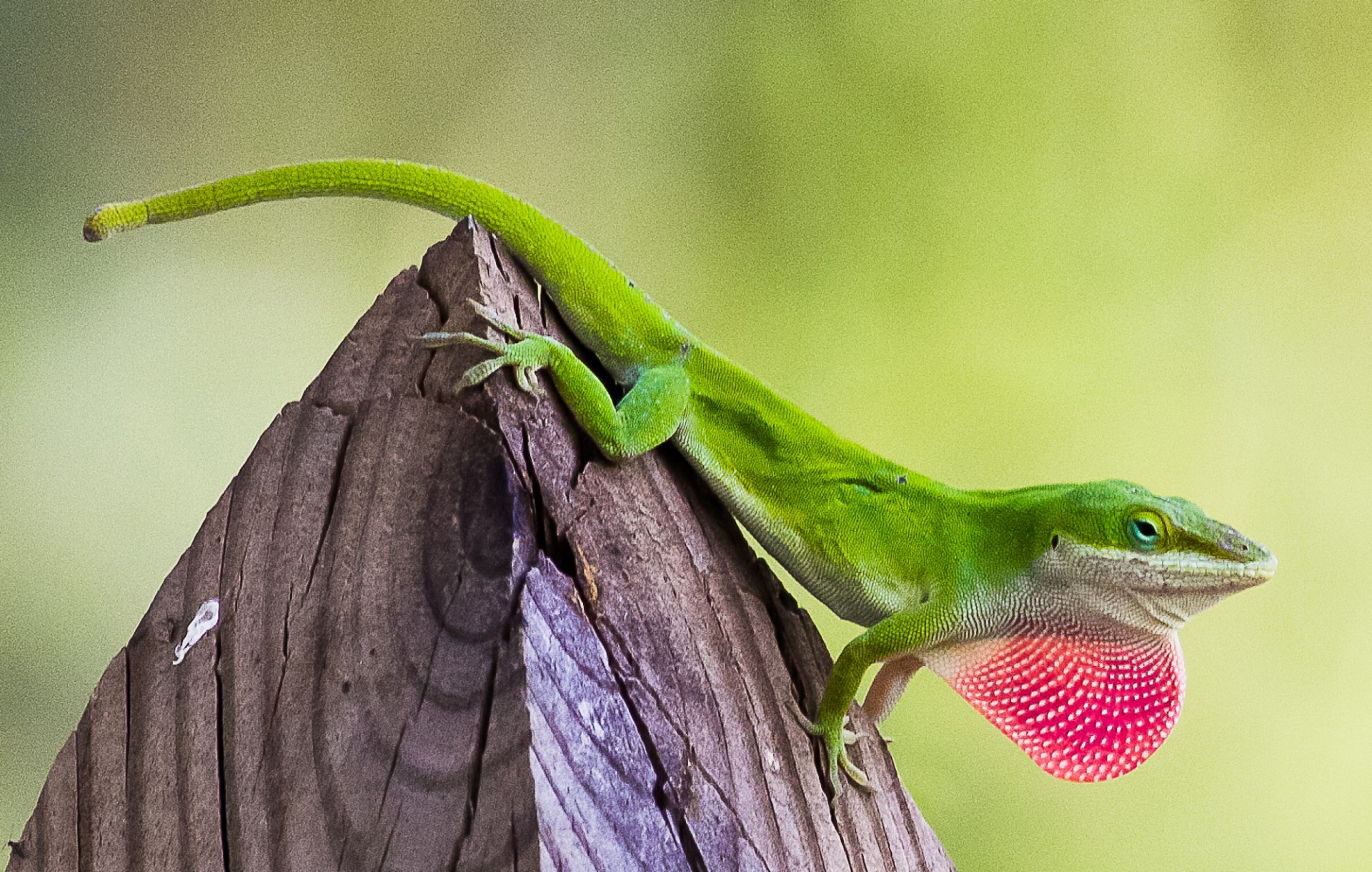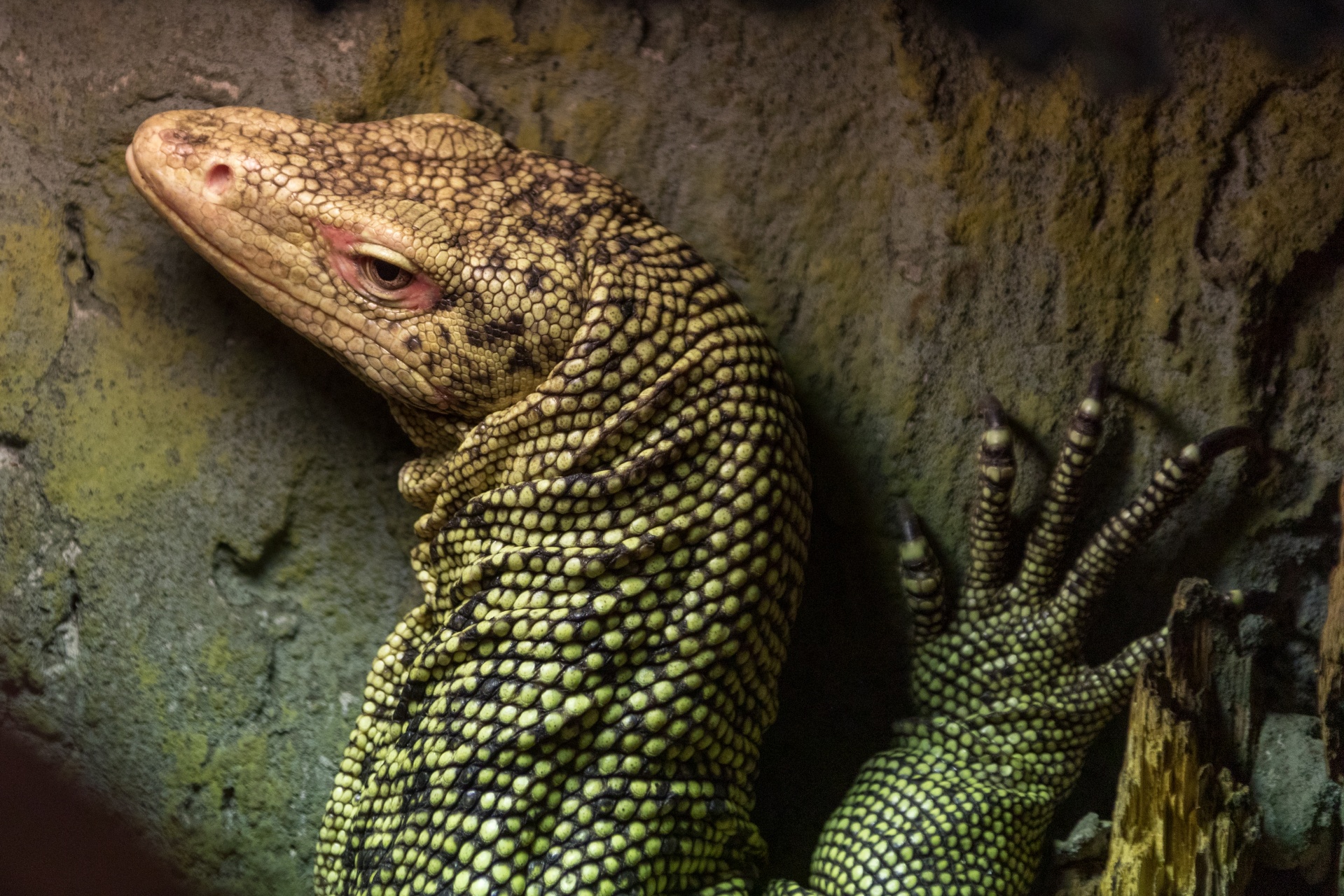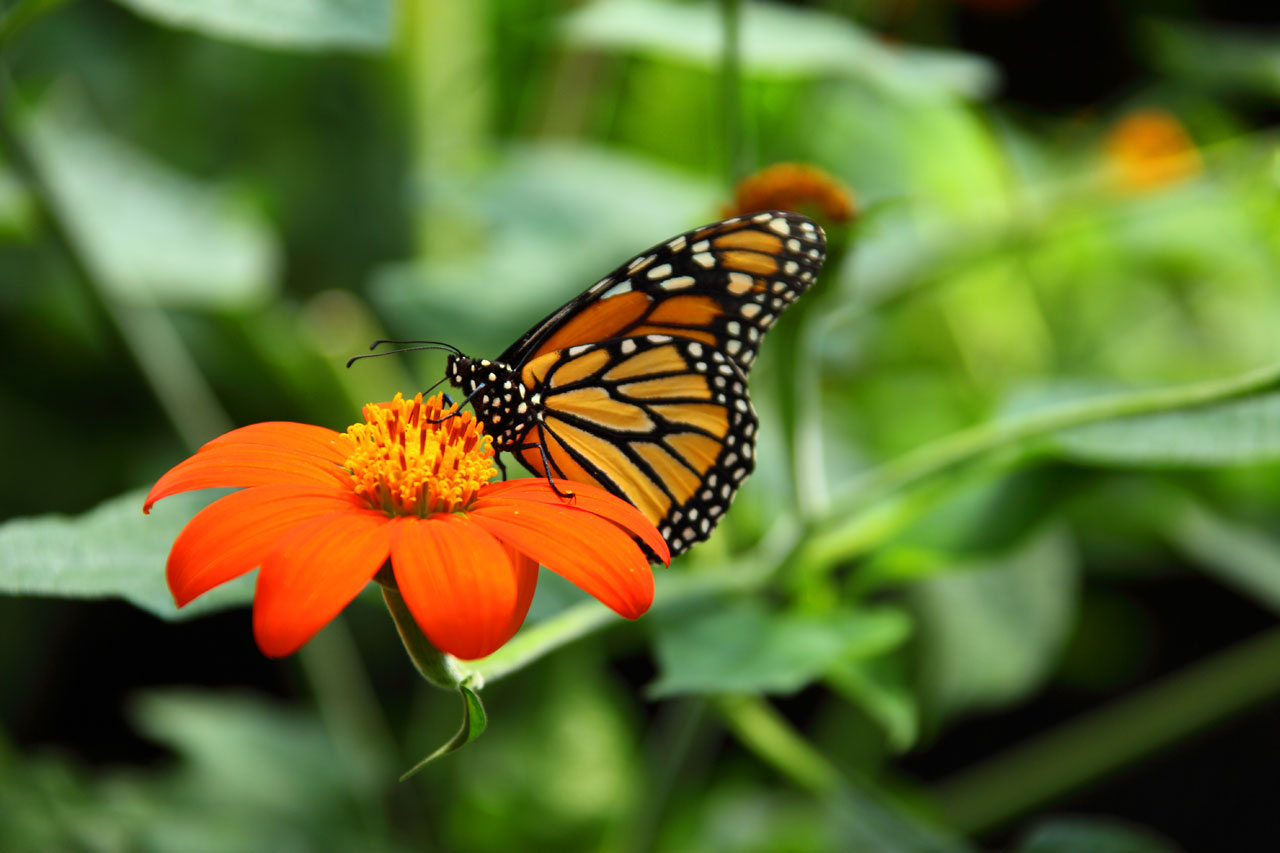
Bahaman Anole Care: Tips for Keeping Your Lizard Happy and Healthy
If you’re a reptile enthusiast looking for a unique pet, the Bahaman anole is a great choice. These beautiful lizards can make fascinating companions, but they do require specific care to thrive in captivity. In this blog post, we’ll provide you with essential tips to ensure your Bahaman anole remains happy and healthy.
Housing
Creating a suitable habitat is crucial for the well-being of your Bahaman anole. A terrarium of at least 20 gallons is recommended to provide ample space for climbing and exploring. Make sure the enclosure has a secure lid to prevent escapes.
Substrate
Choose a substrate that retains moisture, such as coconut fiber or sphagnum moss, to maintain high humidity levels. This is important for Bahaman anoles as they naturally inhabit tropical environments.
Temperature and Lighting
Maintain a temperature gradient within the enclosure, with a warm side (around 85°F) and a cooler side (around 75°F). A heat lamp and a UVB light source are necessary to provide the required warmth and ultraviolet light, which aids in calcium absorption.
Feeding
A varied diet is essential for Bahaman anole health and vitality. Offer a combination of gut-loaded insects, such as crickets, roaches, and small mealworms. Dust these prey items with calcium and vitamin D3 supplements to ensure proper nutrition.
Hydration
Providing a misting system or a dripper in their enclosure is important to maintain humidity levels and ensure adequate hydration. Bahaman anoles often drink droplets from leaves, so it’s crucial to keep their habitat adequately moist.
Environmental Enrichment
To stimulate your Bahaman anole’s natural behaviors, create an enriched environment. Add live plants, branches, and vines for climbing and hiding spots. These additions will make their habitat feel more natural, offering mental stimulation and reducing stress.
Handling
While Bahaman anoles are generally tolerant of handling, remember that they are delicate creatures. Limit handling to necessary situations and always wash your hands before and after to avoid transmitting any bacteria.
Healthcare
Regular veterinary check-ups are essential to monitor your Bahaman anole’s health. Look out for signs of stress or illness, such as a loss of appetite, lethargy, or changes in appearance. If you notice any abnormalities, consult a reptile veterinarian immediately.
In conclusion, Bahaman anoles can be rewarding pets for reptile enthusiasts who are willing to provide proper care. By creating a suitable habitat, offering a balanced diet, ensuring hydration, and providing mental stimulation, you can ensure your Bahaman anole thrives in captivity. Remember, a happy and healthy lizard is a delight to behold!
Disclaimer: This blog post is for informational purposes only and should not substitute professional veterinary advice.
Keep Reading

Ackie Monitor Care: Tips for Keeping Your Lizard Happy and Healthy
As a lizard caretaker, it's crucial to provide the best possible care for your ackie monitor. These delightful reptiles require specific attention to ensure their well-being.

A Comprehensive Guide to Butterfly Agama Care: Tips for Lizard Enthusiasts
Are you fascinated by lizards and considering adding a unique reptile to your collection? Look no further than the stunning Butterfly Agama!